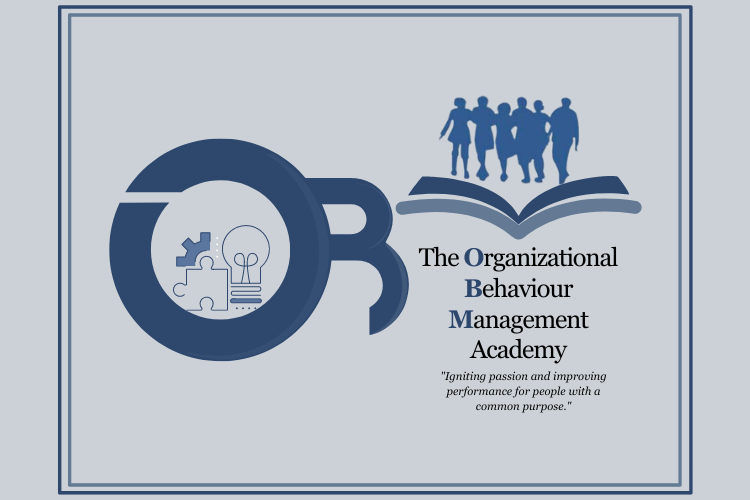Understanding human behaviour, especially through the lens of operant conditioning, teaches us a lot about how rewards and punishments can influence behaviours. Two powerful methods using reinforcement principles to encourage desired behaviours are monetary incentive systems and token economies. In this post, we'll explore these concepts, explaining how they work, where they're used, and how effective they are in different situations.
Understanding Operant Conditioning
Operant conditioning, developed by B.F. Skinner is a learning process where behaviour changes based on consequences. It includes positive reinforcement (adding a reward to increase a behaviour), negative reinforcement (removing something unpleasant to increase a behaviour), positive punishment (adding something unpleasant to decrease a behaviour), and negative punishment (taking away a reward to decrease a behaviour).
What is a Monetary Incentive System?
Monetary incentive systems, versatile tools that use money to encourage people to do certain things, are often used at work, in schools, and in therapy. They work by setting clear goals, giving rewards regularly, and providing immediate feedback, sparking curiosity about their wide-ranging applications and engaging the audience with their real-time impact.
Companies offer bonuses, commissions, and performance-based pay to motivate employees to work harder and achieve goals. Some schools pay students for doing well in their studies or showing up more, inspiring them to strive for excellence. In healthcare, patients are even given money to stick to their treatment plans or live healthier lives, motivating them to take charge of their well-being.
Monetary incentives can be highly effective in the short term, offering a tangible and immediate reward for desired behaviour. However, their long-term effectiveness is contingent upon intrinsic motivation, as monetary rewards are not the sole driver of work-related motivations. Additionally, concerns regarding sustainability emerge, as continuous financial rewards may prove unfeasible for the organization in the long run, particularly in resource-scarce environments. Furthermore, monetary incentives can challenge equity and fairness in incentive distribution, impacting employee morale and motivation. Token Economy systems play a pivotal role in addressing these intricacies.
What is a Token Economy System?
A token economy is a system where individuals earn tokens to show desired behaviours. These tokens can be swapped for rewards like privileges, activities, or items. The essential parts of a token economy system include identifying the target behaviours, giving out tokens, and setting up the exchange system, including determining the value of the tokens for exchange.
Teachers use token economies in schools to help manage classroom behaviour by encouraging students to follow the rules, complete assignments, and participate actively. They are also used in applied behaviour analysis to reinforce positive behaviours in individuals and promote good behaviour over time until the behaviour becomes rule-governed.
Token economies are highly effective as they offer immediate and delayed reinforcement, thus firmly linking behaviour with a reward. Furthermore, the flexibility to exchange tokens for various rewards tailored to individual preferences and needs is a significant advantage. Whether implemented on a small scale, such as in a single classroom, or on a larger scale, like in an entire institution, token systems provide a versatile approach. Additionally, the systematic tracking and monitoring of behaviour that token economies enable greatly assist in evaluating progress and refining reinforcement strategies.
Combining Monetary Incentives and Token Economies
Combining monetary incentives with token economies can significantly enhance their effectiveness in specific settings. For example, employees must earn tokens to meet daily performance targets, which can be exchanged for monetary bonuses or other rewards. This hybrid approach leverages the strengths of both systems by providing immediate reinforcement through tokens and significant incentives through financial rewards.
Monetary incentive systems and token economies are powerful tools deeply rooted in operant conditioning principles. While monetary incentives offer immediate and tangible rewards, token economies provide flexibility and scalability, making them well-suited for various applications. Organizations, educators, and therapists can effectively cultivate desired behaviours and accomplish their goals by understanding and implementing these systems. Success hinges on balancing extrinsic rewards with intrinsic motivation, ensuring longevity and upholding fairness in the distribution of rewards.
